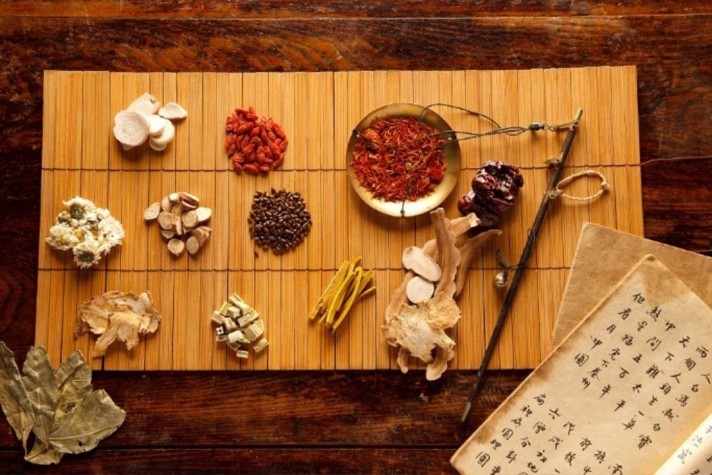Introduction to Traditional Chinese Medicine (TCM) Course Coming Soon!
Course Overview
Traditional Chinese Medicine (TCM) is a treasure of Chinese culture with thousands of years of history, encompassing a wealth of theory and practice. This course will systematically introduce the basic theories of TCM, its primary therapies, and how to manage health by regulating the balance of Yin-Yang and the Five Elements. Students will learn the fundamental principles of TCM diagnosis and treatment, and master the most common methods of TCM wellness.

Learning Goals
This foundational course in TCM is ideal for students who are interested in learning about traditional health management and adjustment. The following are the course's key learning goals:
- Master Basic TCM Theories: Learn the foundational theories of Yin-Yang, the Five Elements, and the relationships between organs and meridians to build a solid theoretical foundation in TCM.
- Understand TCM Diagnostic Methods: Learn the four diagnostic methods of TCM—observation, listening, questioning, and pulse-taking—to assess the health of the body.
- Master Common TCM Therapies: Learn about commonly used TCM treatments, such as acupuncture, massage (Tui Na), herbal medicine, and how to choose the appropriate therapy for different conditions.
- Learn TCM Wellness Principles: Understand how to create personalized wellness plans based on factors such as season, body constitution, and lifestyle.
- Enhance Self-Regulation Skills: By completing this course, students will be able to self-regulate their body constitution, strengthen their immune system, and improve their overall health.
Course Features
- Theory and Practice Combined: The course emphasizes not only the delivery of theoretical knowledge but also includes practical components that help students acquire real-life skills.
- Traditional and Modern Integration: The course explores how TCM can be effectively applied in modern society, integrating contemporary health management concepts to help students incorporate TCM into their daily lives.
- Detailed Explanations: Through case studies, the course will help students understand the practical applications of various TCM therapies and learn how to personalize their health care.
- Interactive Learning: The course will provide opportunities for interaction and Q&A, helping students resolve any confusion during their learning process.
- Expert Instructors: The course is taught by experienced TCM experts, ensuring that the content is accurate, understandable, and practical.

Historical and Cultural Background
As the representative of traditional Chinese medicine, TCM has developed over thousands of years and continues to have a significant global influence.
- Origins and Development: TCM theory originated in ancient China, forming during the Zhou Dynasty and gradually evolving into a comprehensive medical system.
- Main Theories: TCM encompasses various theories, including Yin-Yang, the Five Elements, Qi, blood, fluids, and the relationship between organs and meridians, all of which are closely tied to health.
- Innovation and Inheritance of Therapies: TCM not only values heritage but also adapts to modern needs, creating a wide range of treatments such as acupuncture, massage, herbal medicine, and dietary therapy.
- Modern Influence: TCM has spread worldwide and is increasingly used in many countries and regions to treat various diseases and promote overall health.





